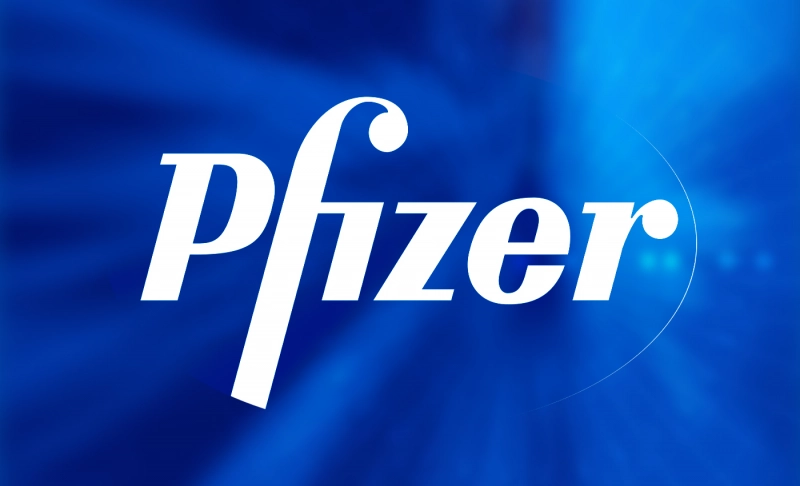By: Varun Kumar
December 20 2021

Although the vaccine was rushed and we cannot determine its safety, we have no particular reason to think the vaccine is going to be unsafe.
Although the vaccine was rushed and we cannot determine its safety, we have no particular reason to think the vaccine is going to be unsafe. On Nov. 10, Pfizer Inc. announced that its COVID-19 vaccine might be 90 percent effective, based on early and incomplete test results. Pfizer is developing the vaccine with its German partner BioNTech and is now on track to apply for emergency-use approval from the U.S. Food and Drug Administration, once it has the necessary safety information in hand. The interim analysis, from an independent data monitoring board, looked at 94 infections recorded so far in a study that has enrolled nearly 44,000 people in the U.S. and five other countries. Dr. Julian Tang, Honorary Associate Professor in Respiratory Sciences and Clinical Virologist, University of Leicester, said: “The results for the Pfizer-BioNTech COVID-19 vaccine are encouraging – but it is so far based on the outcomes of only 94 participants. If the 90 percent ‘efficacy’ was based on the analysis of 10,000 participants, along with similar safety data, this would be much more reassuring." Pfizer released no specific breakdowns, but for the vaccine to be 90 percent effective, nearly all the infections must have occurred in placebo recipients. Subsequently, on Nov. 18, Pfizer said that its coronavirus vaccine was 95 percent effective and had no serious side effects, the first set of complete results from a late-stage vaccine trial, reported The New York Times. The company further stated that the data showed that the vaccine prevented mild and severe forms of Covid-19, and it was 94 percent effective in older adults, who are more vulnerable to developing severe Covid-19. This is the fastest ever trial results released by a company — less than a year after researchers began working on the vaccine, a process that usually takes years. Pfizer and BioNTech’s trial included nearly 44,000 volunteers, half of whom received the vaccine. The other half received a placebo shot of salt water. Then the researchers waited to see how many in each group developed Covid-19. The companies said that out of 170 cases of Covid-19, 162 were in the placebo group, and eight were in the vaccine group. Out of 10 cases of severe Covid-19, nine had received a placebo. The most common serious adverse event was fatigue, with 3.7 percent of volunteers reporting tiredness after they took the second dose. Two percent of volunteers reported a headache after the second dose. Older adults reported fewer and milder side effects, the companies said. Experts have called upon Pfizer to quickly release a more detailed analysis of the data, beyond the initial news release, so that scientists could more thoroughly evaluate the results. The companies have said they plan to submit the results for review in a scientific journal, a process that can take weeks or months. “These are not normal times, this is a pandemic, and major policy is being made,” Dr. Omer said. “It’s always better to make policy on scientific data, not a press release.” Developing a new vaccine ordinarily takes years. But Pfizer’s candidate began clinical testing only months after scientists published the genome sequence for SARS-CoV-2, the coronavirus that causes COVID. WHO states that a vaccine should have been fully characterized and the final manufacturing process, specifications, and batch release testing procedures should be established. An application for market authorization may be submitted to a National Regulatory Authorities (NRA) based on Phase III testing data. If approved, the vaccine then becomes commercially available in that particular country. Although the vaccine was rushed and hasn't gone through the kind of extensive testing something like this usually would, that doesn't mean that the vaccine is going to be unsafe. So although we can't say for sure that it's going to be safe, we have no particular reason to think it's going to be unsafe. The COVID-19 pandemic has given rise to a lot of potentially dangerous misinformation. For reliable advice on COVID-19 including symptoms, prevention and available treatment, please refer to the World Health Organisation or your national healthcare authority.